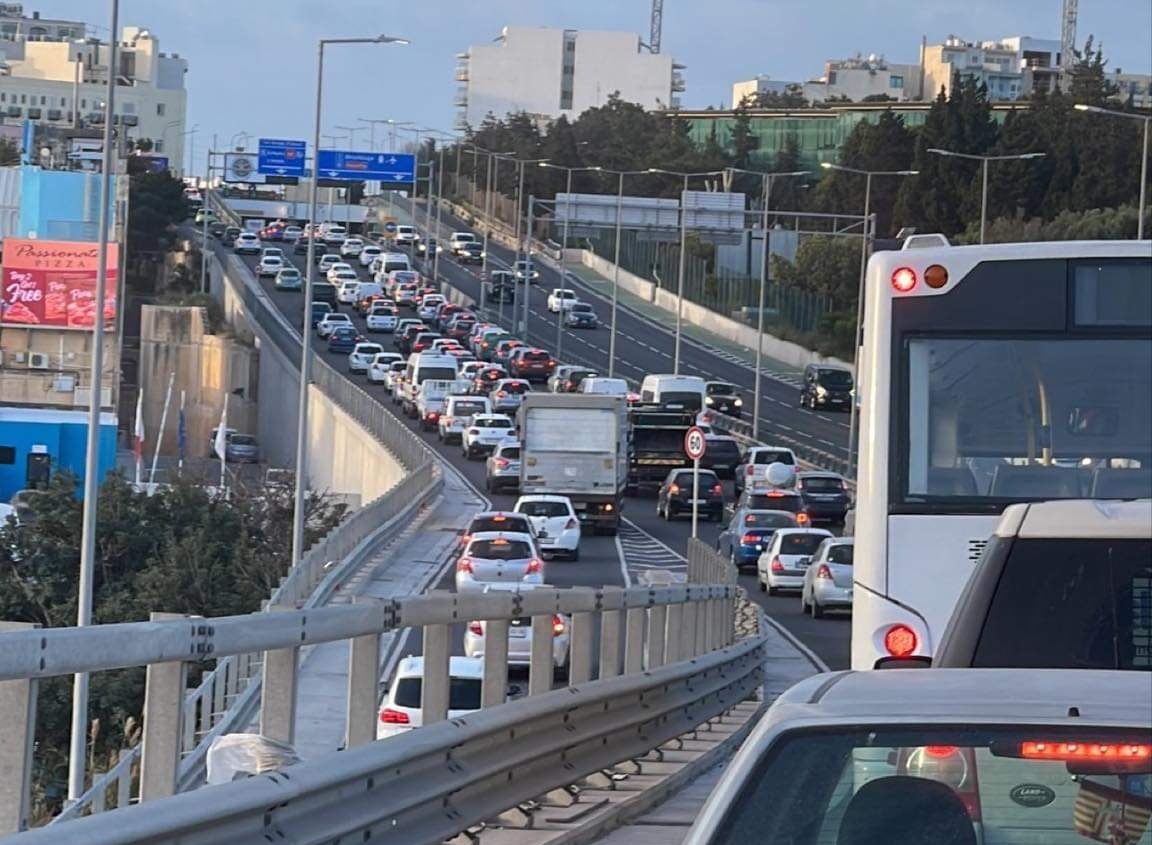Edward Scicluna, governor of the Central Bank of Malta (CBM), has sounded a warning against the full subsidisation of rising energy costs, saying this could result in the loss of an important “signal” to consumers.
Speaking at the launch of the CBM’s annual report for 2021 on Wednesday (today), the former Finance Minister said prices that reflect reality are a crucial element of modern economies, with Government intervention only helpful up to a point.
He referred to a recent meeting with the International Monetary Fund and the World Bank, where countries were asked about their direct links with the Russian market. “Fortunately, our links are not that strong. That works in our favour.”
While acknowledging that the wars indirect effects will “undoubtedly” be felt locally, he pointed out that the EU is already taking steps to mitigate the worst of these, especially as regards food and energy.
“There’s already talk of ramping up domestic production of food,” he said. “Europe has gotten used to leaving this in the hands of others, but that seems to be changing. The same can be said for energy – Europe is looking to alternative sources or even reducing consumption.”
Commenting further on the issue of energy and the Maltese Government’s subsidies for the sector, Prof. Scicluna said that there must be a balance between shielding consumers from external effects and ensuring that realities are priced in, in what can be interpreted as a warning to authorities.
“Pricing sends a signal to consumers, and it’s an important facet of choice that should not be lost. An increase in energy prices tells consumers, ‘There’s a problem with the source, with the supply, so please use it sparingly.’ That’s a mechanism that is crucial, and best conveyed through pricing.”
Chief economist Aaron G. Grech added that CBM investigations into Malta’s inflation rate were energy to increase in line with European price rises found that it would be similar to that experienced on the continent – without factoring in the downstream effects of such a price increase, indicating that it could also be higher.
Prof. Scicluna also dismissed concerns of a possible European recession, saying that although the situation remains highly fluid, “at this point in time, the EU economy is still growing, as is employment, despite the challenges before us”.
He did however admit that Maltese Government spending would likely need to be reigned in later this year when the EU’s Asset Purchase Programme, a scheme to buy up government debt, essentially serving as a cheap source of public financing, comes to an end in the third quarter of the year, “with a bias towards the beginning of the period, perhaps July”.
In 2021, the CBM purchased Maltese sovereign bonds worth €216.1 million through APP and €235.2 milion through PEPP.
The European Central Bank is expected to raise key interest rates following the end of the programme, further limiting Government’s room for manoeuvre.
On the other hand, he shrugged off warnings that Malta may face the Excessive Deficit Procedure for its high deficit spending, pointing out that Malta’s debt-to-GDP ratio remains “among the lowest of the low”.
Malta’s economic growth
The CBM’s projections show that economic activity levels are expected to continue recovering in 2022. However, as these have already returned to the levels prevailing before the pandemic, growth is expected to moderate to more normal levels.
The bank therefore expects that GDP will grow by six per cent in 2022, 5.3 per cent in 2023, and 3.8 per cent in 2024.
Inflationary pressures are expected to remain elevated in 2022 but should begin to dissipate in 2023, as supply bottlenecks gradually fade.
The Government is expected to continue registering a deficit until 2024, although it is expected that it would have by then narrowed to 3.3 per cent.
Risks
A prolonged impact on tourism by the pandemic and longer-than-expected supply chain issues could negatively impact economic activity, as could developments in Ukraine. The latter started after the bank’s projections were concluded, and is thus not reflected in the results.
“In the absence of a swift resolution to the conflict,” the CBM noted, “prolonged elevated commodity prices could impact domestic consumption in the medium term, unless mitigated by fiscal support and/or a faster decline in the saving ratio.”
As for Government finances, the cushioning of rising commodity prices following Russia’s invasion of Ukraine could lead to larger deficits, as could the impact of state aid extended to troubled national airline Air Malta.
Why letting people go is helping them grow: Planning Authority investing in people through Erasmus+
Initiatives like Erasmus+ help build a more engaged, connected and future-ready workforce, says the PA's Daniela Farrugia Camoin
Maltese drivers lose nearly 4 days a year in rush-hour traffic
A new report sheds light on the daily reality of many drivers
New York and São Paulo lead non-European cities searching for flights to Malta
An average of 502,932 active online searches for flights to Malta were made every day from around the world last ...






